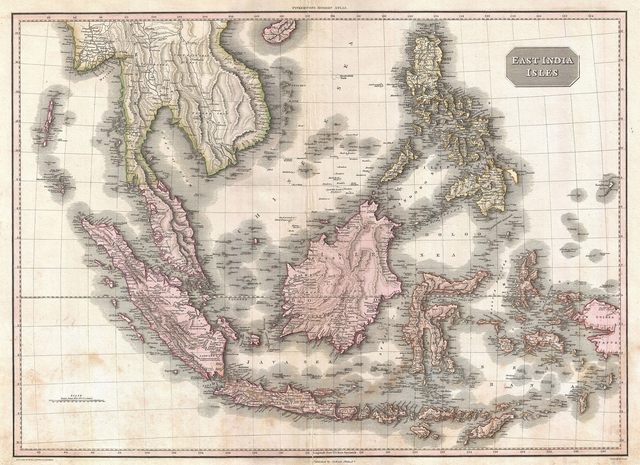Consequences of the Napoleonic Wars
At the beginning of the nineteenth century, Bali remained relatively untouched by Western influences that had already changed much of the Indonesian archipelago.

The Hindu civilization of Bali, which had developed as early as the sixteenth century, remained inviolable against any serious religious, commercial, or political incursion from Muslims or Christians.
However, in the first decades of the century, hints emerged that by the mid-century, all of the island's defenses would break through.
Napoleon Bonaparte's initial victories led to the fall of the Netherlands, the spread of French influence not only to Holland itself but also to Dutch holdings abroad. This challenge also extended to British power worldwide.
The British decided to protect themselves by capturing Java, and by planning to thwart Napoleon's attempt to turn the Dutch colony into a base for military operations in Asia. The British succeeded brilliantly in this operation, drawing the attention of both the British and the Dutch to the neighboring island of Bali.
The return of Java to the Dutch in 1816 revived their determination to dominate all of India, including Bali. The Dutch inability at that time to firmly establish their control over the island created a dangerous possibility that the British could take advantage of the situation.
Translation from the book "A Brief History of Balinese Piracy, Slavery, Opium, and Weapons: A History of Island Paradise" by Hannah Willard
To be continued…
You can add one right now!